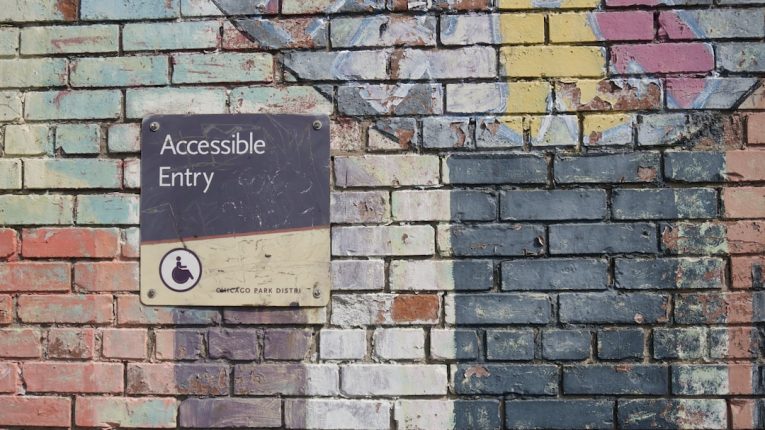
Embracing Accessibility and Adaptations
Upon beginning your college journey as a paralyzed accident survivor, one of your first steps should be to familiarize yourself with the accessibility resources available on campus. This may involve scoping out wheelchair-friendly routes to get to and from classes, as well as identifying accessible entrances and facilities within campus buildings.
It is also crucial to work closely with the college’s disability services office, as they can help coordinate necessary accommodations such as accessible housing, note-taking assistance, and extended time during exams if needed. Establishing a strong line of communication with professors, advisors, and other faculty members who can support and understand your specific needs is vital to a successful college experience. Additionally, reaching out to your semi truck accident attorney or members of your legal team can provide valuable guidance on advocating for your rights as a disabled student following a truck accident.
Adapting to a new environment and schedule can be demanding from both a physical and mental standpoint. It is essential to give yourself ample time to adjust, listen to your body, and prioritize self-care. Don’t be afraid to try out new adaptive equipment, mobility aids, or assistive technology that can help make daily tasks and activities more manageable.
Managing Your Academic Workload
As a paralyzed accident survivor, managing your academic workload may require extra planning and organization. It could be beneficial to develop a structured schedule, noting important deadlines and allotting time for assignments, study sessions, and self-care. Additionally, consider working with an academic advisor to help balance your course load while still meeting your degree requirements.
For paralyzed students, online courses or a blended learning approach may provide a more accessible alternative to traditional on-campus classes. Pursuing a masters in information systems online, for example, can offer increased flexibility and allow you to work at your own pace from home. Utilize various study aids and learning strategies that accommodate your needs, such as using speech-to-text software, digital textbooks, or virtual tutoring sessions.
For many college students, maintaining a strong support network of friends, family members, and peers is essential for academic success. For paralyzed accident survivors, this network can be particularly helpful by offering emotional encouragement and practical support for handling academic and personal challenges.
Pursuing Your Passions Despite Limitations
It’s crucial for paralyzed accident survivors not to let physical limitations squash their personal passions. Tap into your creativity to discover new ways of engaging with hobbies and interests while accommodating your disability. This may include joining clubs or organizations in your field of interest, volunteering for campus activities, or exploring new outlets in the arts, sports, or technology.
Maximize your networking opportunities to help build connections for your future career. Attend job fairs, campus events, and conferences related to your field of study. Reach out to mentors, professors, and peers for advice and guidance on career development tailored to your unique needs as a paralyzed individual.
It is important to remember that pursuing your passions may involve adjusting your expectations and being open to change. Take a growth mindset approach in exploring different avenues and approaches, continuously looking for opportunities to learn and grow despite your physical limitations.
Altogether, navigating college as a paralyzed accident survivor is undoubtedly challenging, but with careful planning, determination, and support, it is possible to thrive both academically and personally. Embrace accessibility and adaptations, manage your workload effectively, and continue pursuing your passions—these strategies will allow you to enjoy a fulfilling college experience and lay the foundations for a successful future.









